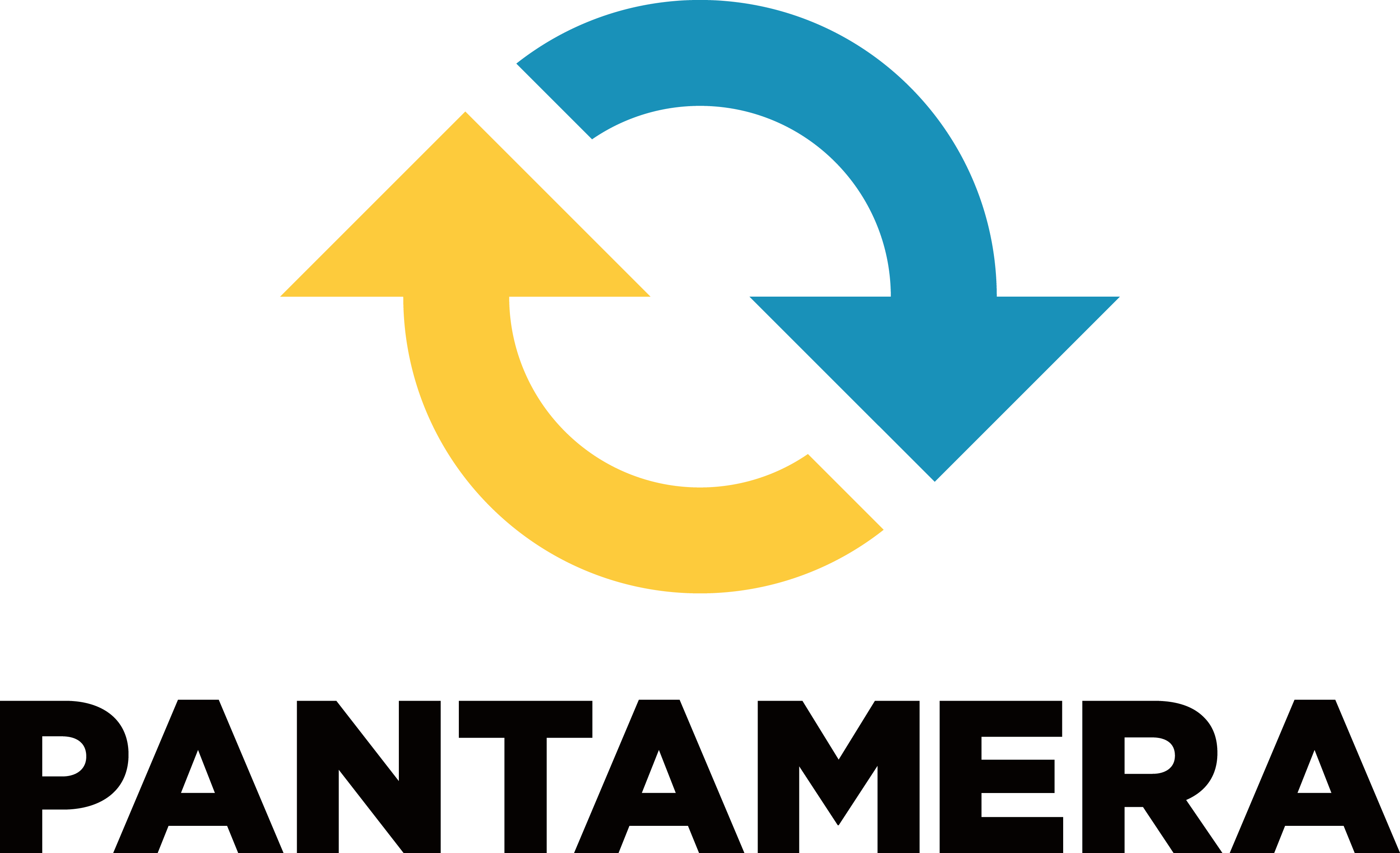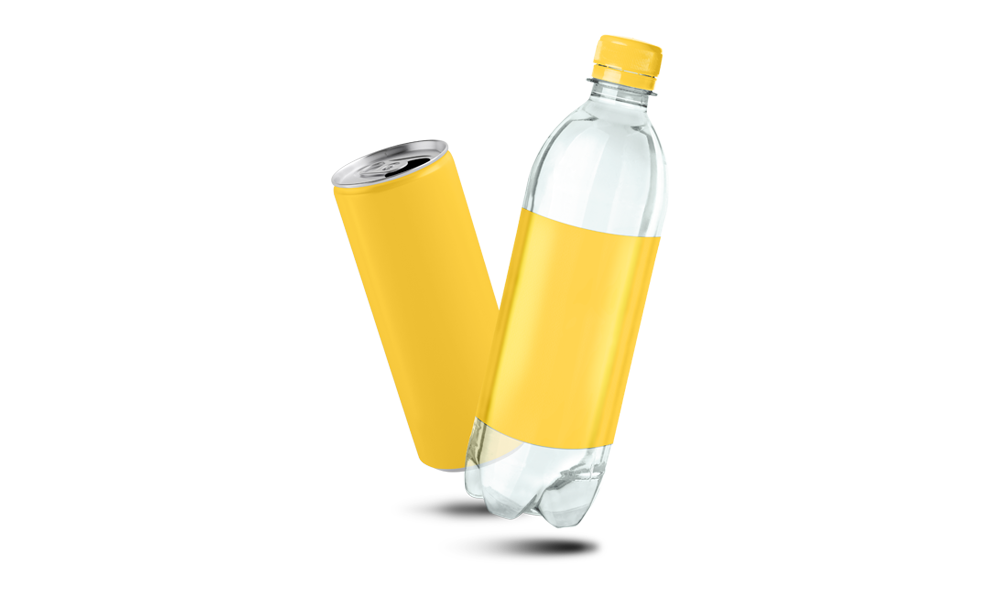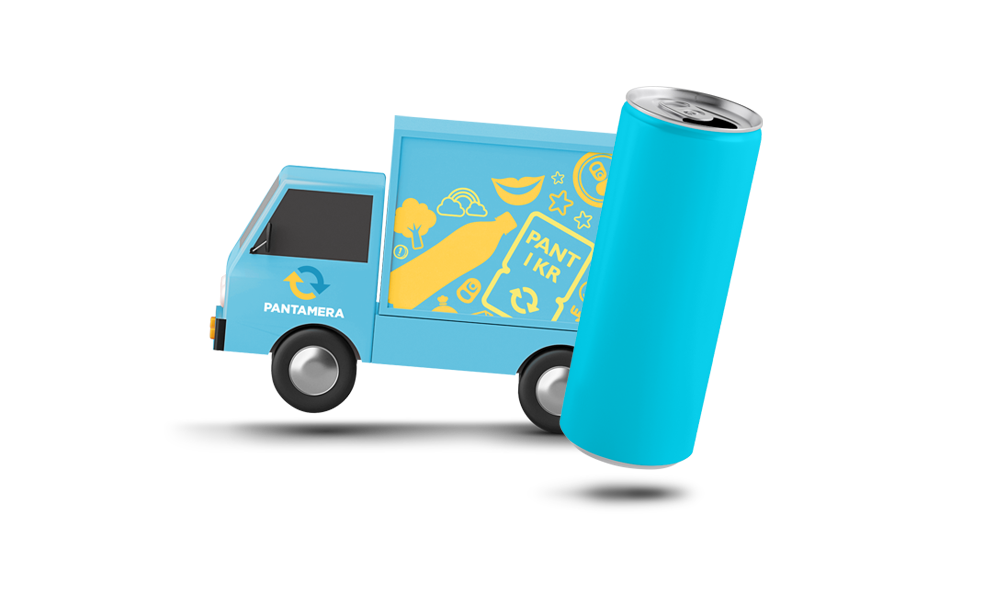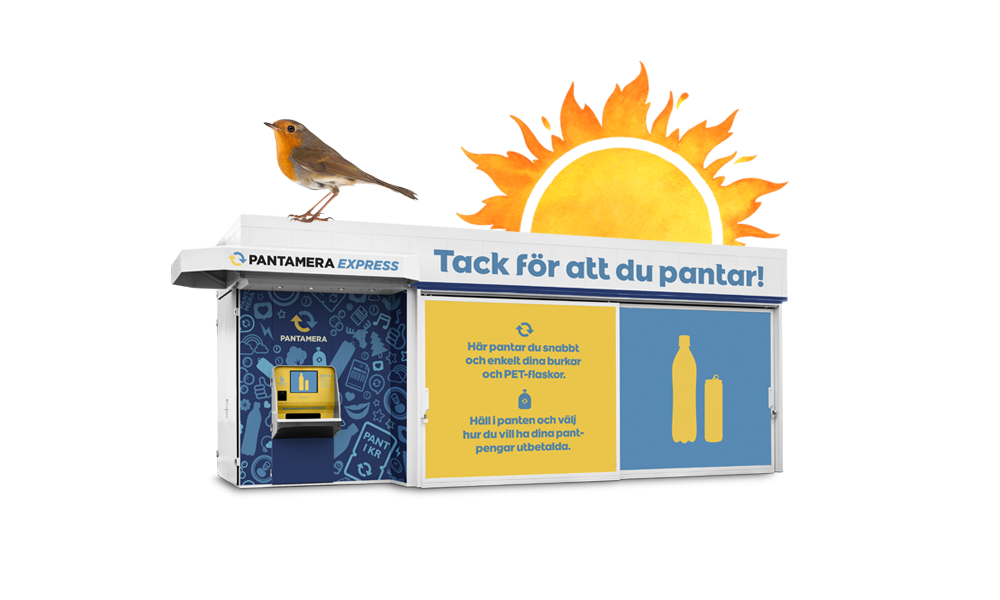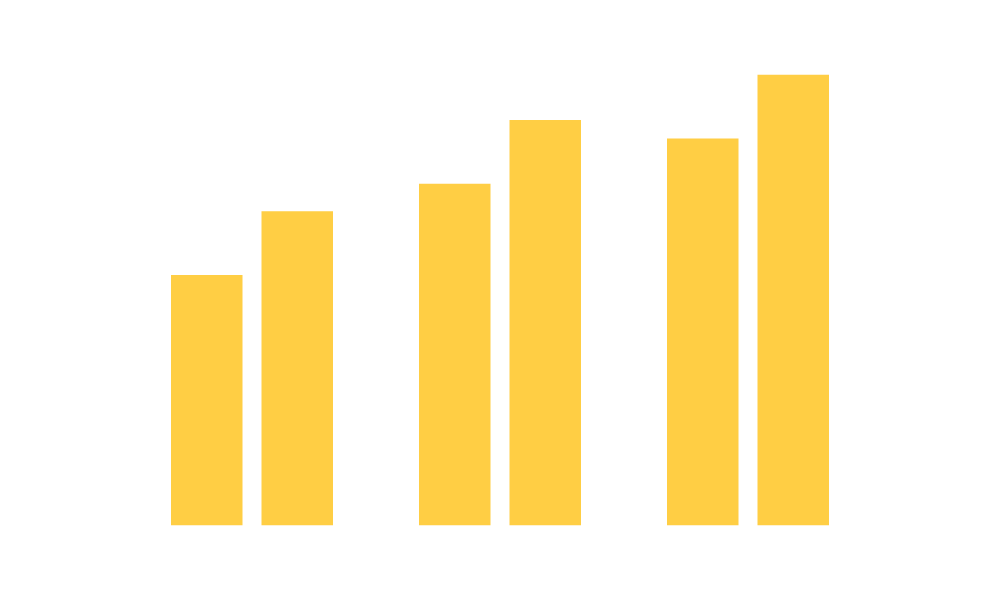Future projects
Collection adapted to needs
In order to find new ways of both improving our service and reducing our environmental impact, Returpack has high hopes as regards needs-based collection. This is based on receiving data in real time from the stores’ reverse vending machines, thereby facilitating collections when the need arises.
“We see great potential, both in terms of saving time and avoiding unnecessary mileage. A review of how these opportunities might be realised will be launched in the near future,” says Torsten Ebringer, Head of Transport Management at Returpack.
Connected vehicles
In order to electrify more and more of our transport operations that are driven on our behalf, we need to have as much supporting data as possible. This includes data allowing you to know a battery’s charge level in real time, as well as collecting information about parameters such as weights, temperature and energy consumption for the executed routes.
“The analysis of such data allows us to identify any bottlenecks. The information helps us to stipulate requirements regarding the right type of vehicle for each assignment. Our aim is to ensure that there is enough battery capacity for the planned route, but at the same time not buy larger batteries than necessary,” says Jan Wendelin, logistics developer at Returpack.
When switching to electric vehicles, the driver can influence energy consumption to a much greater extent than when driving with an internal combustion engine. The difference in energy consumption between different drivers can be as much as 40 per cent. In this respect, it will consequently be important to train drivers in eco-driving tailored to electric vehicles, in order to both save energy and safeguard the ability to execute the routes cording to plan.
Circular flows – recycling of retail store containers
Circular material flows are of the utmost importance to us at Returpack, including for materials other than packaging. We have therefore initiated a project aimed at looking into the possibility of taking back old retail store containers and manufacturing new containers from the material. If we were to succeed in manufacturing the containers completely out of recycled material, it would correspond to a reduction in emissions of 40 tonnes of carbon dioxide equivalents, for the production of 1,500 containers.
Business intelligence
Battery swapping
The technology relating to Battery Swapping is bubbling up to the surface more and more as a way of enabling the transition to climate-neutral transport. The technology offers many advantages. Charging output can be reduced, relieving the load on the power grid. Swapping the battery takes about 5 minutes, after which you can continue driving. The technology can act as an energy store, which can be used during peak load times. Vehicle buyers can customise battery capacity based on their assignments etc. Discussions are currently being held in the ÖTKS (Östergötland Transport Climate Smart) network to see if we can arrange a pilot project. 30-40 per cent of trucks sold in China use this technology.
The question is probably not whether the technology will come to Sweden, but rather when. To acquire more knowledge about this, we have participated in a study trip to China during which the technology was presented.
Looking ahead
To prepare ourselves and our suppliers for the future and our ambitions to be climate-neutral by 2030, Returpack will be holding a conference in February 2024 aimed at jointly taking on the challenge of transitioning to an electrified vehicle fleet.
The conference’s agenda includes experiences from the transition work carried out by our suppliers, connected vehicles for decision-making support, range of vehicle available/battery capacity, planning of charging/charging stations and the need for capacity in the electricity grid.
“We are extremely confident that, together with our suppliers and other stakeholders, we possess sufficient knowledge and desire to accelerate the transition to an emission-free deposit system,” says Marie Skoog, Logistics Manager at Returpack.
